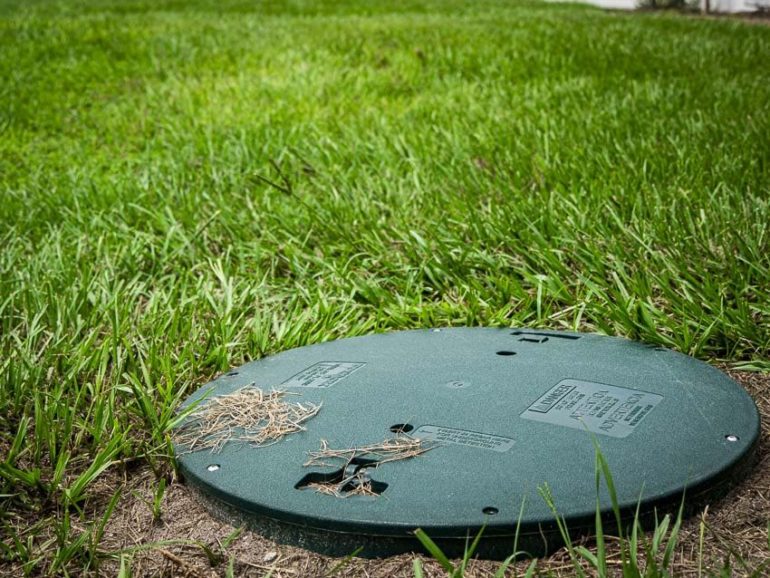
07
Homes not connected to the municipal sewer system, especially in the suburbs, rely on a septic tank for waste management. Over time, the performance and efficiency of the system deteriorate, forcing homeowners to look for DIY solutions. Septic tank additives are among the commonly used DIY solutions to improve your unit's health and function, but how much do you know about these products? Before pouring various additives into your septic system, it is advisable to consult a septic company for advice.
The main question every homeowner should ask before purchasing a septic additive is; do I need an additive, or should I hire a professional for septic tank repair? Different types of additives are used for various reasons, and using the wrong one can compromise the quality of your unit. At Charlotte Septic Pros, we have an experienced and well-trained team of experts ready to provide pertinent information to help you make informed decisions about your septic system.
All the waste from your home is collected in the septic tank, where solid waste sinks to the bottom and grease rises to the top allowing wastewater to flow to the drain field. If the solid waste can't be broken down, it sinks to the bottom until it is time to pump it out. However, inorganic waste that can't be broken down can build up, causing clogs and other septic-related issues that require professional septic tank repair.
Septic tank additives are used to break down inorganic waste, preventing blockages and water damage caused by the accumulation of solid sludge in the system. Homeowners should keep an eye on the things they flush down the toilet or drains to prevent the buildup of solid waste that bacteria can't break down.
There are thousands of different additive products in the market, but they all fall into two categories: chemical and biological chemical additives. While most additives will resolve the problem fast, regular use can cause long-term damage to your septic system. A professional technician from a reputable septic company can help you make the right choice for your septic tank without affecting your health and efficiency.
Chemical additives commonly used to deal with clogs include hydrogen peroxide, baking soda, and sulfuric acid. However, most of these additives compromise the structural integrity of your septic system, preventing it from operating at full capacity. If you suspect a clog in the soil absorption system, it is crucial to do more research before introducing chemical additives to your septic system to improve permeability.
On the other hand, biological additives include yeast, bacteria, and enzymes used to reduce the accumulation of oil, grease, and solid effluents in the septic tank. A significant downside to these products is that some allow solid waste to escape the tank, clogging the drain field. Biological additives can also affect the balance of natural bacteria in the septic tank, affecting the breakdown process that's vital for waste management.
If you detect trouble with your septic system, don't rush to your local store for an additive. Contact us at Charlotte Septic Pros and schedule a consultation with our representatives. We guarantee quality septic tank repair and maintenance at competitive market rates.

21
Simple Habits That Protect Your Septic System A well-functioning septic system does its job quietly, but the moment something goes…
Read more
14
Pump Now or Pay Later: The Real Cost of Skipping Maintenance A properly functioning septic system is easy to forget…
Read more
11
Why Your Septic System Always Acts Up at the Worst Time Homeowners often feel that septic problems strike at the…
Read more
04
Early Warning Signs Your Septic Tank Needs Pumping For homeowners who rely on a septic system, routine maintenance is not…
Read more
29
Why Does My Septic System Smell Fine One Day and Terrible the Next? If you own a home with a…
Read more
19
Is Your Septic System Overdue? Simple Home Checks You Can Do Today For many homeowners, the septic system is a…
Read more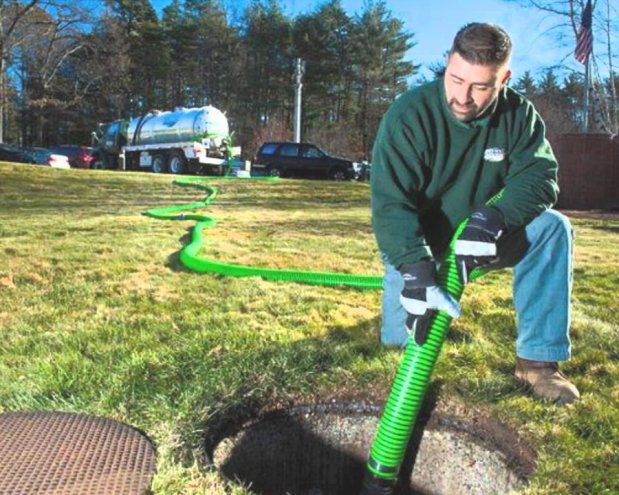
13
5 Signs Your Septic Tank Is Overdue for Pumping Your septic system works quietly behind the scenes, managing wastewater from…
Read more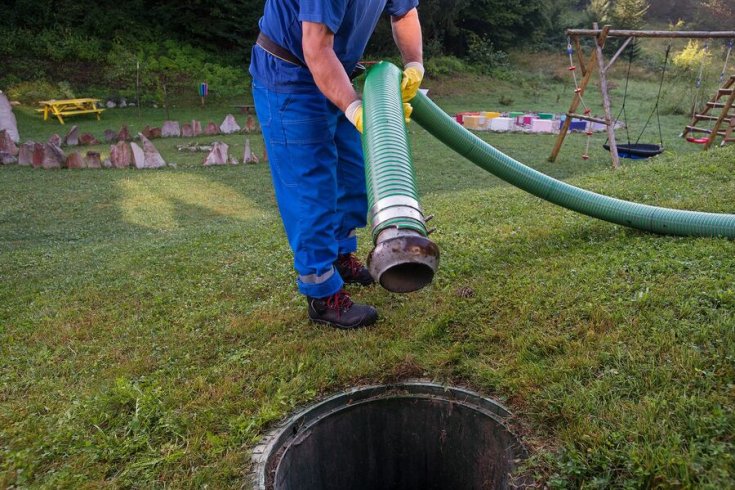
07
Do Septic Additives Really Work? Septic additives are everywhere. You’ll see them at hardware stores, advertised online, and often recommended…
Read more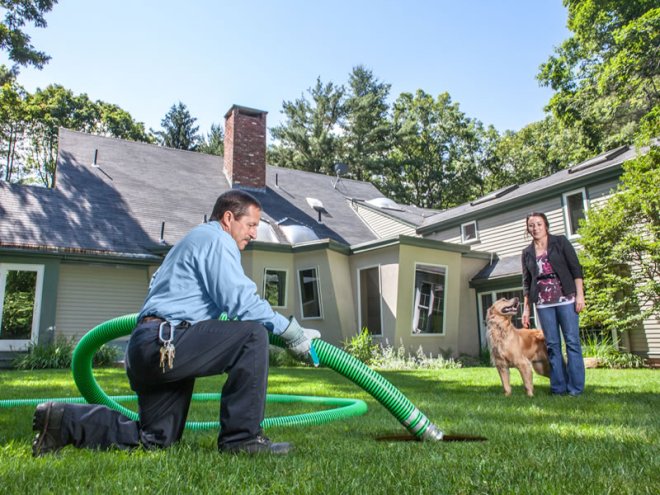
29
5 Things You’re Doing Every Day That Fill Up Your Septic Tank Faster Your septic system works quietly in the…
Read more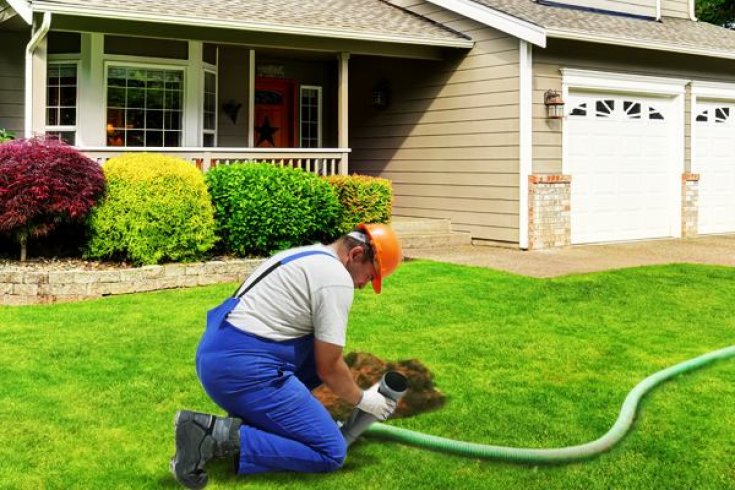
21
Is It Normal for Grass to Grow Greener Over My Septic Tank? If you’ve noticed a patch of grass in…
Read more